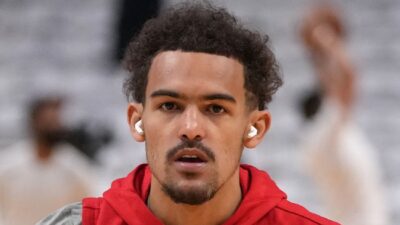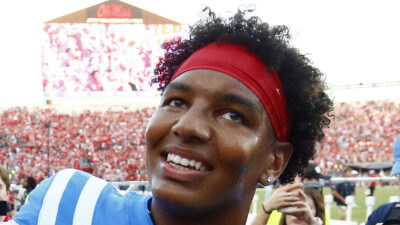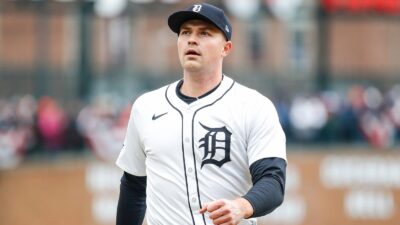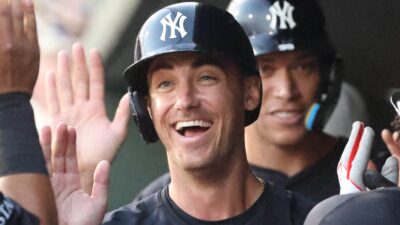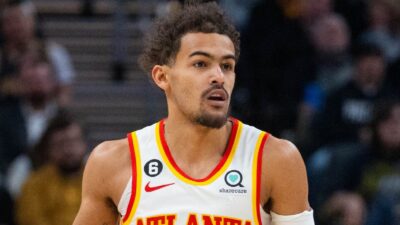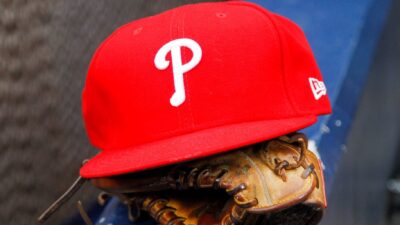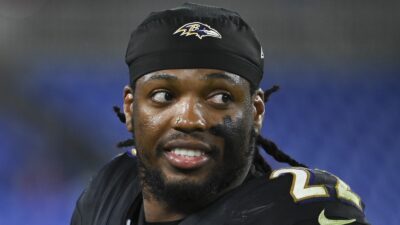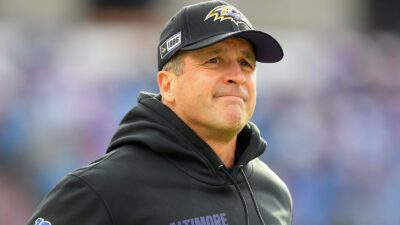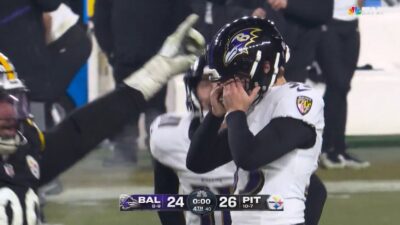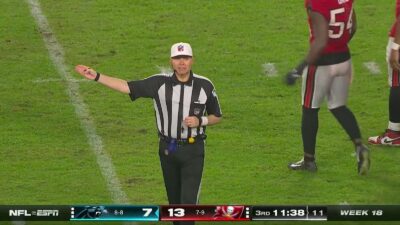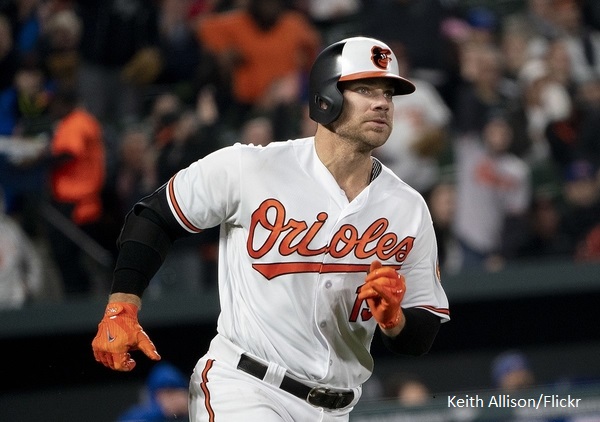
Unlike other major sports, MLB players who sign big contracts have a rare combination of guaranteed financial security and no league-imposed limit on their earning potential. NBA and NHL contracts are guaranteed, but limited by the salary cap in place. The NFL takes it one step further and doesn’t always offer those guarantees, while also limiting teams with a salary cap. In MLB, not only is the money guaranteed, but there’s only a luxury tax on excessive spending. That means teams sometimes hand out really bad contracts.
The contracts are great for the player, and good for them for getting such a deal, but from a team’s standpoint, the deals can turn out to be the opposite of advantageous.Here are the ten worst contracts in the sport right now, at least from a team perspective.
10) Jason Heyward, Cubs
The Cubs won a World Series with Heyward in the fold, and he still plays high-level defense. Alas, the Cubs owe him another $106 million through 2023, and they probably weren’t planning on paying it to a guy whose primary appeal is his outfield skills. Since joining Chicago in what looked to be the prime of his career, Heyward has hit .253 with just 25 home runs. Of course, to long-suffering Cub fans, maybe that famous team meeting/speech was worth $184 million.
9) Felix Hernandez, Mariners
The good news for Seattle is they’re just about finished with this one — 2019 is Hernandez’s last guaranteed season. Unfortunately, the $175 million deal hasn’t really paid off from Seattle’s perspective as Hernandez is no longer the pitcher he once was. His ERA ballooned to over five in 2018, and he even briefly lost his spot in the rotation as a result of his struggles. The nearly $28 million he’s owed next season won’t be an easy pill for the Mariners to swallow.
8) Ian Desmond, Rockies
Colorado signed Desmond as a 31-year-old coming off a good, but not great season with the Texas Rangers. It was an odd deal when it was signed, and it looks worse now. Desmond is owed another $38 million for three seasons, not counting the $2 million team buyout that will likely be exercised for 2022. The payoff so far is a .248 average, a .308 OBP, and 27 home runs as the Rockies have essentially turned him into a very expensive utility player.
7) Jordan Zimmermann, Tigers
Zimmermann was part of the wave of contracts the Tigers gave out to support their last-gasp bid at contention in 2016. They fell short and collapsed in 2017, and while they were able to make a few trades to get out from under some of the more severe excesses, they couldn’t find a taker for Zimmermann’s bloated deal. Zimmermann has a 5.13 ERA in three injury-plagued seasons in Detroit, and he’s still owed another $25 million in each of the next two seasons. The only good news for the Tigers is he’ll come off the books right around the time the team will be hoping their rebuild puts them in position to spend.
6) David Wright, Mets
The long slog that is the David Wright deal is finally close to ending, with the Mets owing their third baseman $27 million more through 2020. This is a deal that was wrecked by injury more than by lack of performance, as Wright has played in just 75 regular season games since the end of the 2014 season. Though he’s making a very strong effort to play in the bigs again, the odds are he simply won’t ever be healthy enough to be a regular contributor again.
5) Robinson Cano, Mariners
The Mariners had to pay top dollar to pry Cano away from New York, and now that the initial buzz of that move has long worn off, Seattle is simply left with an increasingly bad deal from their side of things. Cano can still hit for average, but his power numbers are fading, he turns 36 in October, and he now has a PED suspension to his name. The Mariners still owe him an astonishing $120 million over the next five seasons. This deal is only going to get worse as time passes.
4) Miguel Cabrera, Tigers
Everyone pretty much knew the Cabrera deal was eventually going to become a millstone for Detroit as soon as it was signed. The Tigers’ hope was that it would take more than a year or two for that to happen, but no such luck. Cabrera turned in a .249 average in an injury-plagued 2017, and he managed just 38 games in 2018 before suffering a season-ending biceps injury. The Tigers still owe him $154 million through 2023. They’ll have to hope at this point that he can stay healthy enough to give them even a modest return on that investment, but that hope looks to be on shaky ground.
3) Jacoby Ellsbury, Yankees
Remember Jacoby Ellsbury? He hasn’t played at all in 2018 thanks to a hip injury, and he will not return before season’s end. This came in a year he was owed $21 million, and there’s another $42 million — plus the inevitable $5 million buyout — coming his way. In his four healthy years with the Yanks, he’s hit an underwhelming .264 with little power. The Yankees would love to move even part of the contract, but he has a no-trade clause. And with his health as it is, it’s hard to imagine anyone being interested in picking up any of this deal.
2) Albert Pujols, Angels
Pujols provided the Angels with some good moments. He did, after all, hit both his 500th and 600th home runs in their uniform. Maybe that’s what they had in mind all along. They had to anticipate a drop in production, or maybe they just didn’t care. The fact is that Pujols hasn’t been very effective for the Angels. He’s a guy who will hit around .240 or .250 and maybe eclipse 20 home runs. He is not valuable defensively and especially not on the basepaths. He is also due another $87 million over the next three seasons. Hopefully it was all worth it for the Angels, who have gone just 576-551 with one playoff appearance since signing him.
1) Chris Davis, Orioles
If you’re wondering why the Orioles have gone from playoff team to worst club in baseball as quickly as they have, handing out contracts like this one probably has a lot to do with it. Davis has always been a “three true outcomes” player who will walk a fair bit, strike out 200 times, hit for a low average, but push 40 home runs. It’s debatable whether such a player is worth $161 million in the first place, but that’s what Baltimore opted to pay him to keep him around. Since then, he’s cratered. His home run total is dropping as he enters into his mid-30s. He’s hitting just .180 this season and was benched at one point. He doesn’t offer value defensively. Oh, and he’s still owed another $94 million over the next four seasons. There are no signs that this is going to get any better for him — or for the team.

